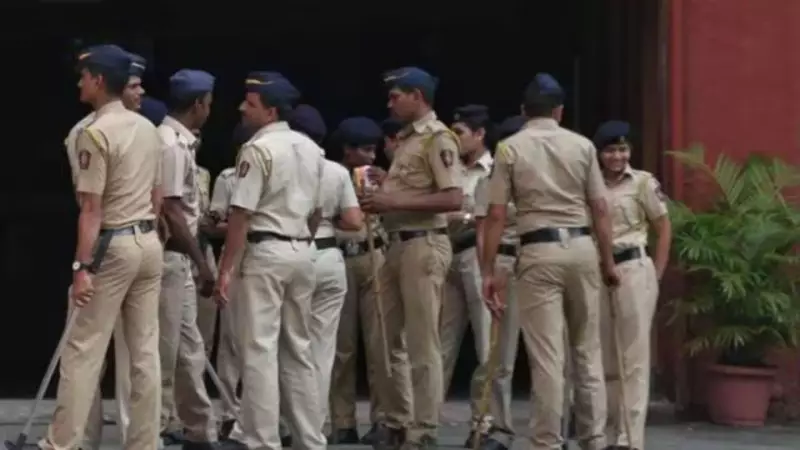
In a strongly worded order that has sent shockwaves through the prison administration system, a Mumbai sessions court has delivered a stern rebuke to Nagpur jail authorities, questioning their capability to ensure the safety of two UK-based brothers currently in their custody.
Court's Scathing Observations on Prison Security
The court didn't mince words while expressing deep concerns about the security arrangements at Nagpur Central Jail. The presiding officer pointedly asked whether the prison administration could genuinely guarantee the safety of the British nationals, given the current infrastructure and security protocols in place.
This judicial intervention came during a crucial bail hearing for the UK brothers, whose case has been drawing significant attention in legal circles. The court's skepticism about the jail's protective capabilities raises serious questions about the state of prison security in the region.
Bail Conditions Under Microscope
The proceedings took an interesting turn when the court began scrutinizing the practical implementation of bail conditions. Rather than focusing solely on the legal merits of the bail application, the judge shifted attention to the ground realities of prison administration and inmate safety.
Legal experts suggest this marks a significant departure from conventional bail hearings, where courts typically concentrate on flight risk and evidence tampering concerns. This case has broadened the discussion to include the fundamental responsibility of prison authorities to protect those in their custody.
Broader Implications for Prison Reform
The court's strong stance is being seen as a potential catalyst for much-needed prison reforms in Maharashtra. By publicly questioning the jail authorities' capacity to provide basic security, the judiciary has highlighted systemic issues that extend beyond this particular case.
This development comes at a time when India's prison infrastructure is already under scrutiny for overcrowding and inadequate facilities. The court's intervention adds weight to calls for comprehensive reforms in prison administration and inmate safety protocols.
As the case continues to unfold, legal observers are watching closely to see how this judicial pressure might translate into concrete improvements in prison conditions and security measures across Maharashtra's correctional facilities.





